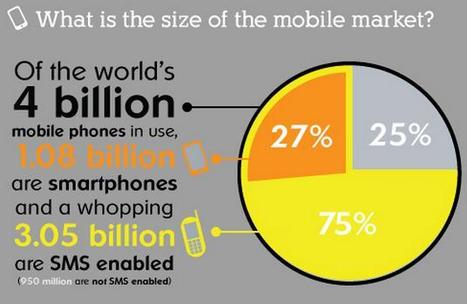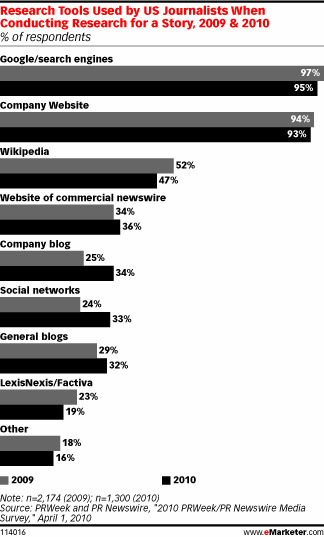Few domains in business and society have been untouched by the emerging social-media revolution—one that is not even a decade old. Many organizations have been responding to that new reality, realizing the power and the potential of this technology for corporate life: wikis enable more efficient virtual collaboration in cross-functional projects; internal blogs, discussion boards, and YouTube channels encourage global conversations and knowledge sharing; sophisticated viral media campaigns engage customers and create brand loyalty; next-generation products are codeveloped in open-innovation processes; and corporate leaders work on shaping their enterprise 2.0 strategy.
This radical change has created a dilemma for senior executives: while the potential of social media seems immense, the inherent risks create uncertainty and unease. By nature unbridled, these new communications media can let internal and privileged information suddenly go public virally. What’s more, there’s a mismatch between the logic of participatory media and the still-reigning 20th-century model of management and organizations, with its emphasis on linear processes and control. Social media encourages horizontal collaboration and unscripted conversations that travel in random paths across management hierarchies. It thereby short-circuits established power dynamics and traditional lines of communication.
We believe that capitalizing on the transformational power of social media while mitigating its risks calls for a new type of leader. The dynamics of social media amplify the need for qualities that have long been a staple of effective leadership, such as strategic creativity, authentic communication, and the ability to deal with a corporation’s social and political dynamics and to design an agile and responsive organization....



 Your new post is loading...
Your new post is loading...










With every advancement made we should never forget the past. Thi article discusses the power of a phone call. In the communication field we need to remember the power of a personal phone call. Some great stats and information.